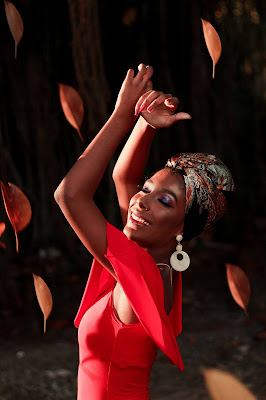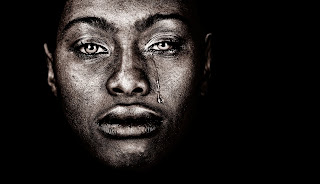Beyond the Dance: Intentional Inclusion in the Workplace

As our workplaces continue to grow increasingly diverse and the business case for Diversity, Equity, and Inclusion (DEI) becomes undeniable, organizations across industries are understanding the importance of cultivating an inclusive workplace in which all employees feel welcomed, respected, supported, and valued. Diversity reporting has become a normative practice in organizations across many industries. However, these reports say very little about an organization’s inclusiveness because a diverse workplace isn’t necessarily an inclusive one. While inclusion is a key ingredient to a successful business , it is not an automatic result of a diverse workforce. Verna Myers, Netflix’s Vice President of Inclusion Strategy , helped drive this point home when she famously stated that “diversity is being invited to the party [and] inclusion is being asked to dance.” This quote was instrumental in sparking the national conversation about inclusion in the workplace, but I think it’s time


